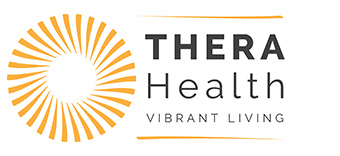New Paper Shows Omega-3 Supplements in Australia are within Oxidation Limits
A new paper confirming that omega-3 supplements in the Australian and New Zealand markets are within oxidation limits and contain the labeled contents of EPA and DHA has been published in Nutrients. The work was funded by the Omega-3 Centre in Australia after a paper from the Liggins Institute was published in Scientific Reports last year alleging that fish oils in the New Zealand market were over-oxidised and had as little as half of the EPA and DHA claimed on the labels.
The Liggins Institute paper caused a media uproar in New Zealand and the results seemed contradictory to what industry participants and market surveillance groups had observed. In order to determine if there was a problem in that market, GOED (Global Organisation for EPA and DHA) funded its own tests, as did the Australian Therapeutic Goods Administration and now the Omega-3 Centre. None of these groups’ results substantiated the Liggins Institute’s allegations. The Liggins researchers have said in the media that these results are not valid because they are not peer-reviewed, but now the Omega-3 Centre results have been, and GOED’s tests will be submitted for peer-reviewed publication shortly as well.
The Liggins researchers also published a subsequent study that raised additional questions about oxidised oils. GOED is funding a number of papers in the next year to investigate some of the issues raised.
Exceptional Freshness Levels – Protection from fishy smell, taste, and harmful free radicals
Freshness, which ensures product integrity and biological efficacy, may be the single most important quality of fish oils. Nordic Naturals‘ oxygen–free manufacturing process maintains the freshness of fish oil used in our products, with peroxide values (indicators of freshness) well below the EP (European Pharmacopoeia) Standard limits. The lower the peroxide value, the fresher the fish oil. Nordic Naturals’ third-party analysis verifies adherence to strict standards set out by leading international organisations and experts such as GOED, IFOS, WHO and EP.







Leave a Reply
Want to join the discussion?Feel free to contribute!